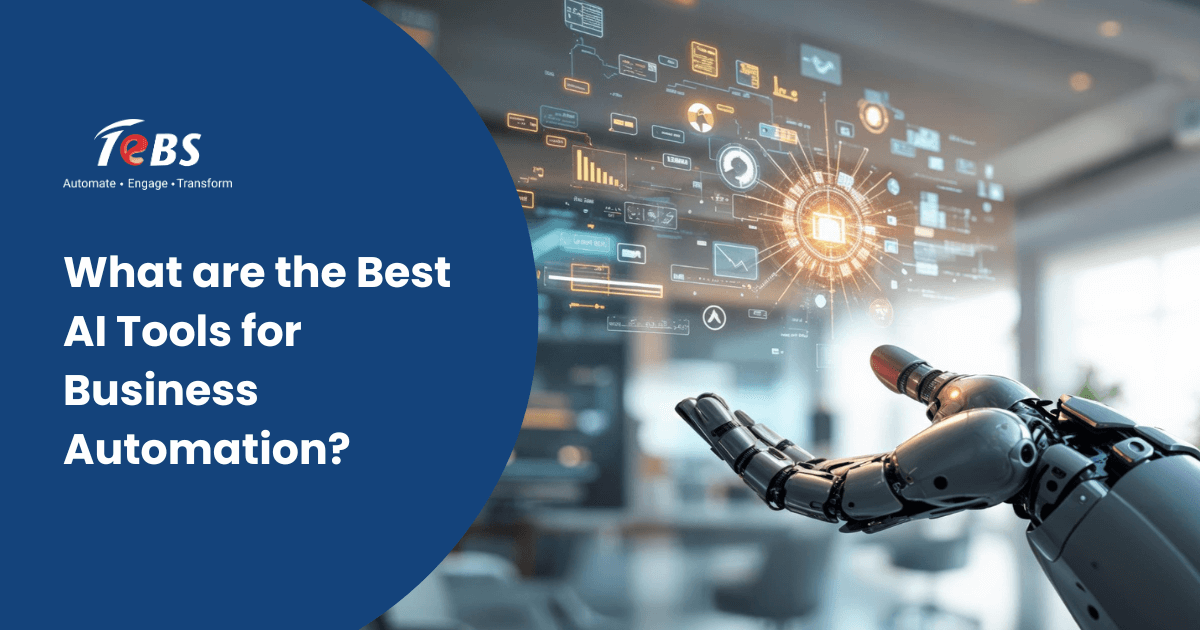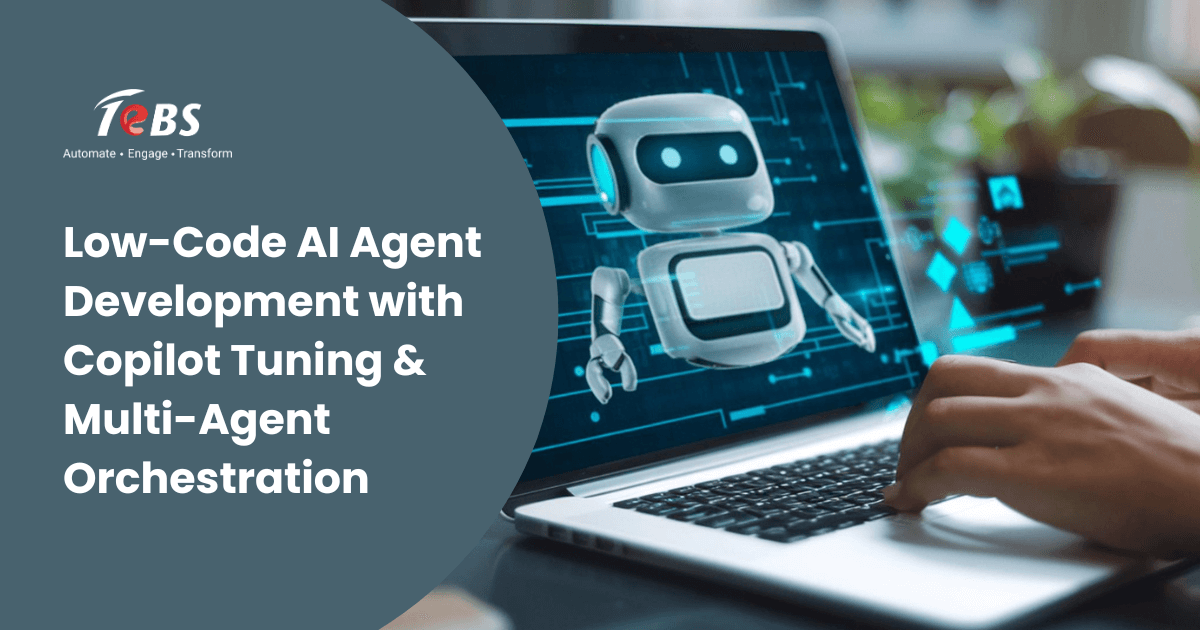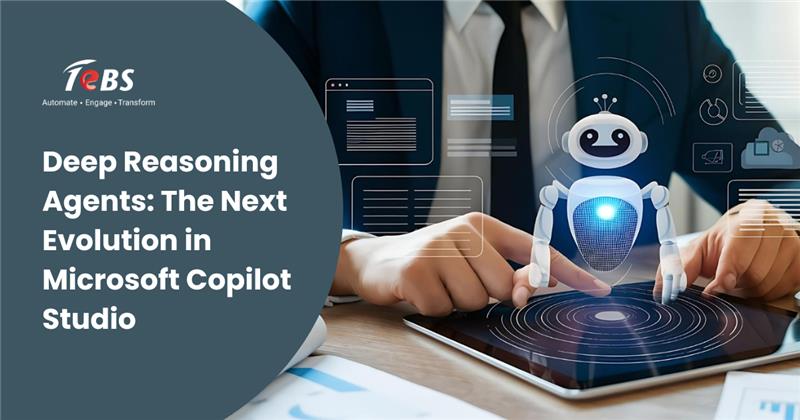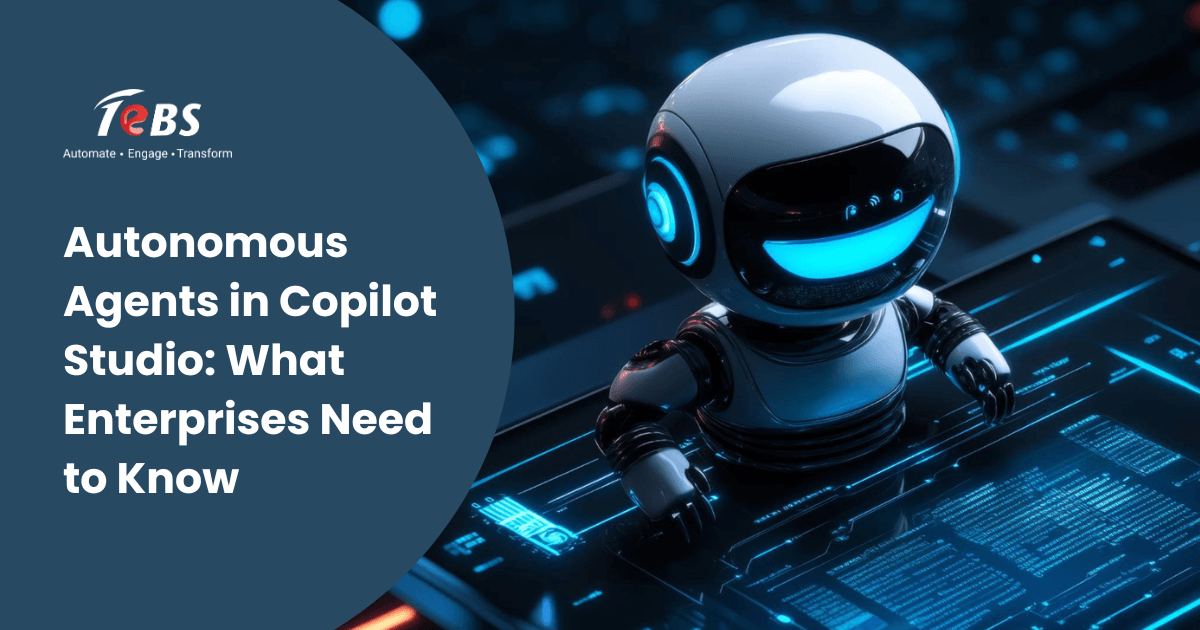Summary
AI-powered automation tools are transforming business functions by reducing manual work, improving decision-making, and enhancing both customer and employee experiences. In marketing, platforms like HubSpot and Marketo deliver personalized campaigns and predictive analytics, while Salesforce Einstein and Microsoft Dynamics 365 CRM empower sales teams with smarter forecasting and AI copilots. For HR, BambooHR and Workday streamline recruitment, workforce planning, and employee engagement, whereas operational tools such as UiPath and Zapier drive efficiency through RPA and workflow automation. Emerging solutions like Notion AI, Jasper, Copy.ai, Turing, Leena AI, and AutoGPT are also shaping the next wave of intelligent business automation. Ultimately, the right tool depends on your goals, scalability needs, integration with existing systems, and ease of adoption, but all contribute to greater efficiency, accuracy, and growth potential.
Manual tasks, disconnected systems, and inefficient processes often stand in the way of business growth. To overcome these challenges, organizations are turning to AI-powered automation tools that streamline operations, enhance decision-making, and improve customer and employee experiences across the board. TeBS offers a wide range of AI services for enterprises that help businesses scale smarter and faster.
From marketing automation and sales forecasting to HR optimization and operations management, artificial intelligence is driving real, measurable impact across business functions. Today, a wide range of intelligent platforms empower companies to operate smarter and scale faster — with some solutions offering built-in AI, and others integrating seamlessly into existing technology ecosystems.
Here is a closer look at the most effective AI tools for business automation, including established platforms, emerging players, and considerations for choosing the right solution for your organization.
Top AI Tools for Business Automation
AI tools are often tailored for specific business domains. Selecting the right platform depends on the area you want to automate — whether it’s marketing, sales, HR, or operations. Below are some of the leading AI solutions used by forward-thinking companies today.Marketing: HubSpot, Marketo
In the world of digital marketing, automation plays a crucial role in campaign execution, customer engagement, and performance analysis.
HubSpot is a widely used inbound marketing platform that integrates AI to deliver smart content recommendations, automated email sequences, predictive lead scoring, and chatbot-driven customer engagement. Its machine learning features help marketers understand buyer behavior, optimize content, and nurture leads more effectively.
Marketo, part of Adobe Experience Cloud, uses AI to orchestrate personalized journeys across multiple channels. With features like predictive content, behavioral analytics, and adaptive campaign management, it enables marketing teams to engage the right audience at the right time with minimal manual effort.
Both tools help eliminate time-consuming tasks and support data-driven marketing strategies that deliver stronger ROI.
Sales: Salesforce Einstein, Microsoft Dynamics 365 CRM
Sales automation is one of the most impactful areas where AI delivers significant value by improving pipeline visibility, lead prioritization, and sales forecasting.
Salesforce Einstein is embedded within the Salesforce platform and offers predictive insights, opportunity scoring, and next-best action recommendations. It helps sales professionals close deals faster by analyzing patterns in historical data, emails, and CRM interactions.
Microsoft Dynamics 365 CRM brings together AI, customer data, and automation in a unified platform. Its built-in AI capabilities enable sales teams to identify high-potential opportunities, forecast revenue more accurately, and get contextual insights that guide every customer interaction. Dynamics 365 Copilot provides AI-powered assistance across modules, helping users draft emails, generate meeting summaries, and automate sales follow-ups.
The seamless integration of Dynamics 365 with Microsoft Teams, Outlook, and other productivity tools further enhances collaboration and reduces context switching. As a result, sales teams can focus more on building relationships and less on administrative tasks.
Human Resources: BambooHR, Workday
AI has become a key enabler in transforming HR from a transactional function to a strategic partner in employee growth and retention.
BambooHR simplifies recruitment, onboarding, and performance tracking with smart automation features. Its AI capabilities help filter applications, send personalized communications, and track employee satisfaction through intelligent surveys. It is ideal for small to mid-sized businesses seeking agility in HR operations.
Workday, on the other hand, is an enterprise-grade platform that leverages AI and machine learning for workforce planning, talent development, and payroll automation. It uses predictive analytics to assess employee risk, suggest learning paths, and inform leadership decisions. Its natural language processing interface also makes it easy for employees to access HR services quickly and accurately.
These platforms enhance employee experience while helping HR teams work more efficiently and strategically.
Operations: UiPath, Zapier
Operations teams often manage high-volume, repetitive tasks across departments. Automating these processes with AI tools can unlock significant productivity gains.
UiPath is a leading Robotic Process Automation (RPA) platform that combines AI with automation to handle document processing, system updates, and data validation across business applications. It is particularly useful for finance, procurement, and IT support functions. With features like AI-powered document understanding and low-code workflow design, UiPath enables scalable end-to-end process automation.
TeBS has demonstrated the impact of automation in real-world enterprises. For example, TeBS enhanced financial excellence for a leading organization through RPA automation, improving efficiency and streamlining workflows.
Zapier is designed for smaller teams and non-technical users who want to automate tasks across multiple applications. It connects thousands of apps such as Gmail, Slack, Trello, and Salesforce, using trigger-based logic and conditional workflows. AI capabilities include smart filtering, task routing, and data transformation, making it a powerful tool for day-to-day automation without complex coding.
Whether your operations are centralized or spread across systems, these tools help reduce delays, minimize manual errors, and improve service delivery.
Platforms such as Microsoft’s AI agents are pioneering how businesses automate routine tasks—handling data entry, customer support interactions, and predictive maintenance—freeing human teams to focus on more strategic work. According to Microsoft’s blog “AI agents at work: The new frontier in business automation,” organizations are already seeing significant gains in operational efficiency.
How to Choose the Right AI Tool for Your Business
The right AI automation tool should align with your business goals, integrate easily into your existing environment, and scale as your organization grows. Consider the following key factors:
Cost
Pricing structures can vary greatly. Some platforms operate on a monthly subscription, while others charge based on usage or number of users. It is important to calculate the total cost of ownership, including deployment, training, customization, and support. Free or entry-level versions can be helpful for initial testing, but long-term value should guide investment decisions.
Scalability
Your chosen tool should be able to handle increasing data volume, user load, and functional complexity as your business grows. Cloud-native platforms with modular architecture are often more scalable and flexible. Check whether the tool offers advanced features that can be activated as your needs evolve.
Integration
A tool that easily integrates with your existing systems will ensure a smoother rollout and faster ROI. Look for platforms that offer out-of-the-box connectors, open APIs, and ecosystem compatibility with tools you already use. Integration also enables real-time data sharing, eliminating the need for manual syncing and reducing data silos. With AI-driven analytics and BI solutions, businesses can further amplify the insights generated through integration.
Ease of use is equally important. A user-friendly interface, strong support resources, and a low learning curve will drive better adoption across teams.
Emerging AI Tools in Business Automation
As AI technology evolves, new platforms are emerging that offer highly specialized automation capabilities for modern businesses.
Notion AI enhances productivity by enabling users to auto-generate meeting notes, draft documents, summarize long content, and manage task lists using natural language prompts. It is particularly useful for project management and team collaboration.
Jasper and Copy.ai are content automation tools that use generative AI to produce blog posts, emails, ads, and landing page content with minimal human input. They help marketing teams scale content production while maintaining brand consistency.
Turing uses AI to match software developers with jobs based on skill sets and project requirements, automating parts of the recruitment process for tech roles. Leena AI acts as a conversational HR assistant, automating helpdesk functions and employee query resolution.
Generative AI agents like AutoGPT are also gaining attention. These autonomous tools can plan, execute, and optimize workflows with minimal oversight, marking the next wave of intelligent business automation.
Staying informed about these innovations can help your organization adopt cutting-edge tools that offer a competitive advantage.
As Gartner’s Top Strategic Technology Trends for 2025 report highlights, generative AI and agentic AI will be among key tech vectors reshaping business automation. <section aria-label=”Conclusion of AI Business Automation Tools”>
Conclusion
AI tools are reshaping how businesses operate, delivering measurable improvements in efficiency, accuracy, and customer satisfaction. Whether you are looking to automate marketing campaigns, enhance sales performance, improve HR processes, or streamline operations, AI-powered platforms like HubSpot, Salesforce Einstein, Dynamics 365 CRM, BambooHR, Workday, UiPath, and Zapier offer robust solutions tailored to each function.
Choosing the right tool depends on your business size, objectives, existing tech landscape, and growth plans. With thoughtful evaluation and strategic implementation, AI automation can unlock significant value across your organization.
To explore how AI tools and Microsoft Dynamics 365 CRM can help automate and accelerate your business processes, connect with our team at [email protected] .
Frequently asked questions
Q: What are AI tools for business automation?
A: AI tools for business automation use machine learning, NLP, and data analytics to streamline tasks, reduce manual work, and improve efficiency.
Q: Which AI tools are best for marketing automation?
A: Tools like HubSpot, Marketo, Salesforce Marketing Cloud, and ChatGPT-powered platforms help automate campaigns, lead scoring, content personalization, and analytics.
Q: How do AI tools help in sales automation?
A: They automate lead generation, CRM updates, follow-ups, and predictive sales insights, helping teams close deals faster.
Q: What AI tools are used in HR automation?
A: AI tools in HR include Workday, SAP SuccessFactors, and Eightfold.ai for recruitment, onboarding, performance tracking, and employee engagement.
Q: How can businesses choose the right AI automation tool?
A: Evaluate business needs, integration capabilities, scalability, ease of use, and ROI potential before selecting an AI tool.





